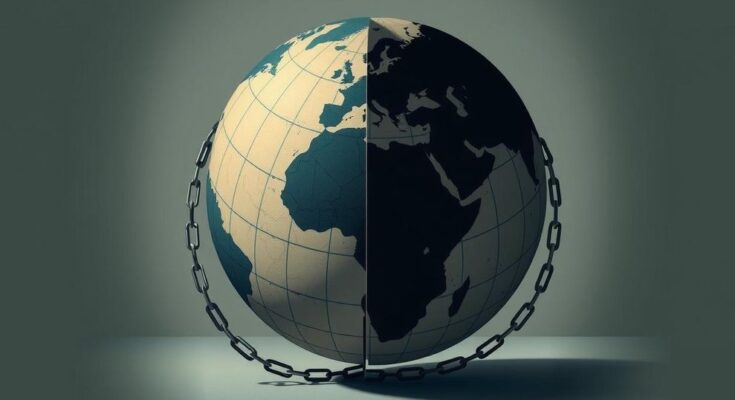In a bold move, Nicaragua declared its withdrawal from the United Nations Human Rights Council, coinciding with a UN report that scrutinised the government’s human rights record under President Daniel Ortega. Vice President Rosario Murillo described the decision as “sovereign and irrevocable,” announcing an end to all involvement with the Council and its related activities, referred to derisively as “satellite mechanisms.”
The UN report unleashed a barrage of criticism, asserting that Ortega and Murillo have dismantled independent institutions and turned Nicaragua into an authoritarian regime. It called for international legal action over a series of alleged human rights violations that mirror patterns identified as crimes against humanity. This situation raises alarm bells within the international community regarding the safety and rights of Nicaraguans under Ortega’s rule.
Despite previous warnings from global bodies like the UN and the Organization of American States, Ortega’s administration has continuously downplayed these concerns, alleging a foreign conspiracy against Nicaragua. In response to the latest UN findings, Murillo dismissed the report as “falsehoods” and “slander,” fervently defending the government’s conduct in the face of international scrutiny.
The backdrop to this controversy includes a 2018 wave of anti-government protests triggered by Ortega’s oppressive measures, resulting in over 350 deaths and igniting widespread condemnation from human rights advocates. The UN’s findings implicated the Nicaraguan military in the violent crackdowns, contradicting prior denials, thus amplifying the gravity of the situation and demanding a reckoning for the systemic abuses.
Nicaragua has opted to withdraw from the UN Human Rights Council, a decision marked by a UN report condemning the government’s actions under President Daniel Ortega. Vice President Rosario Murillo claims the withdrawal is an irrevocable assertion of sovereignty. The report highlights severe human rights abuses and potential crimes against humanity in the country. Despite previous international concerns, Ortega’s government continues to reject criticism and defend its actions.
Nicaragua’s decision to withdraw from the UN Human Rights Council reflects its firm rejection of external criticisms while highlighting the ongoing struggles for human rights within the nation. With accusations of authoritarianism and human rights violations gaining traction, the international community watches closely, eager to see how Ortega’s government will respond as tensions escalate. The narrative illustrates a pivotal moment in Nicaragua’s stance on human rights, creating a space for further discourse and potential ramifications for its global standing.
Original Source: www.usnews.com



